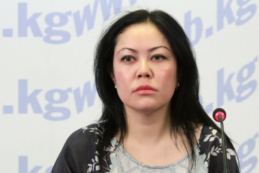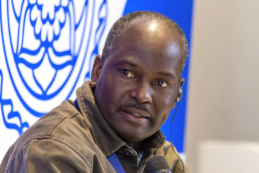Armed Forces of Russia
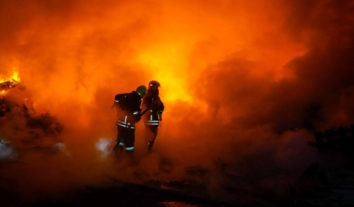
Overnight Russian strikes leave dead and injured in several regions in Ukraine
Russian military strikes on the night of February 4, 2026, left civilians dead and injured in the Dnipropetrovsk and Odesa regions, while also causing large-scale destruction
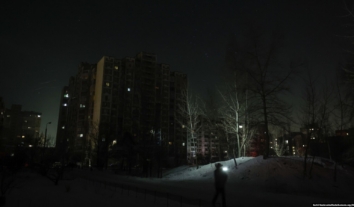
Russia hits Ukraine’s power grid with heaviest missile attack of the year
Residents spent the night sheltering in metro stations, with some pitching tents on the platforms to protect themselves from the freezing cold
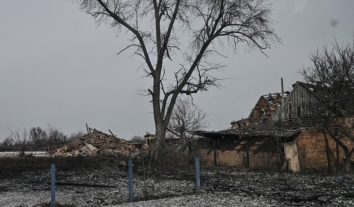
Russian strikes took the lives of six people in Ukraine on February 2
As a result of Russian shelling over the course of February 2, 2026, seven civilians were killed in the Donetsk, Kharkiv, Kherson, Dnipropetrovsk, and Zaporizhzhia regions, and at least 26 more were injured, including in the Sumy and Cherkasy Oblasts
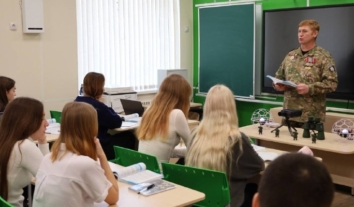
Children in one of the schools in occupied Sevastopol are being militarized by Russian militant Pavel Klyasyuk
1.6 million Ukrainian children might have remained under Russian occupation. Their militarization intensified with the start of the full-scale war, although it has been ongoing in Crimea and parts of the Donetsk and Luhansk regions since 2014
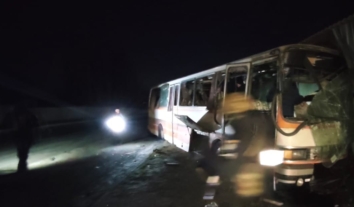
On February 1, Russians killed 17 civilians in Ukraine
Russian military shelling on February 1, 2026, killed 17 civilians in the Dnipropetrovsk and Donetsk regions, while over three dozen others sustained injuries across the Kherson, Kharkiv, and Zaporizhzhia regions
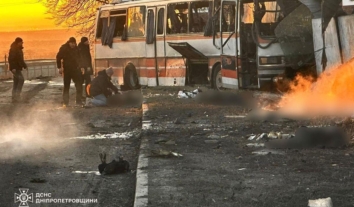
Russians kills at least 15 mine workers, injures seven with drones near service bus in the Dnipropetrovsk Oblast (updated)
Mykhailo Volynets, Chairman of the Independent Trade Union of Miners of Ukraine, clarified that Russians attacked a coal mining enterprise and a bus carrying mine workers during a shift transfer. The Russians utilized four Shahed-type UAV
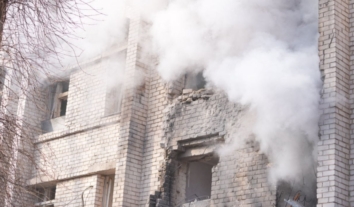
Russia strikes maternity hospital in Zaporizhzhia, injures six civilians
Fedorov reported that six people were injured, including two women who were undergoing medical examinations at the time of the attack
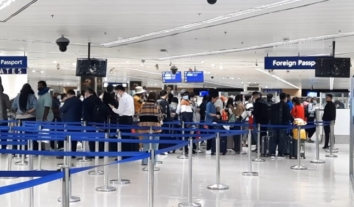
Two Filipino men rescued from trafficking operation promising jobs in Russia
Immigration officers said the two initially presented themselves as tourists, but a secondary inspection showed their travel was intended to facilitate illegal employment abroad
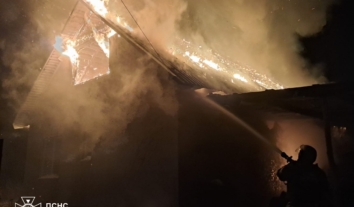
Russian attacks kill at least 15 civilians across Ukraine in one day
Russian military shelling across multiple Ukrainian regions killed at least 15 civilians and injured at least 46 others on January 27, according to the National Police of Ukraine. The casualties were reported in the Odesa, Donetsk, Kharkiv, Sumy, Dnipropetrovsk, Zaporizhzhia, Kherson, and Mykolaiv regions
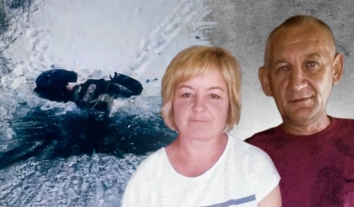
Russians killed a couple who were trying to evacuate from Sumy Oblast
According to Hryhorov, the man was transporting his injured wife on a sledge toward a safer area. During transportation, the Russian military intentionally targeted the couple, fully aware they were civilians
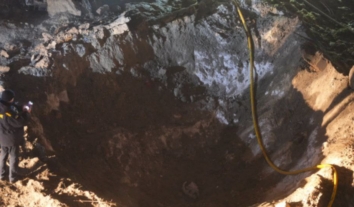
Russian overnight attacks kill 3, injure 24 across multiple Ukrainian regions
Russian military shelling across Ukraine on the night of January 28 caused multiple casualties and widespread destruction in Kyiv and the Kyiv, Dnipropetrovsk, Odesa, and Zaporizhzhia regions
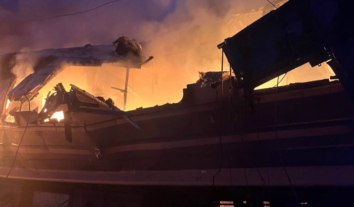
Six dead after Russian drones hit passenger train with 155 aboard (updated)
Three people have been confirmed dead. A man and a woman have also sought medical assistance
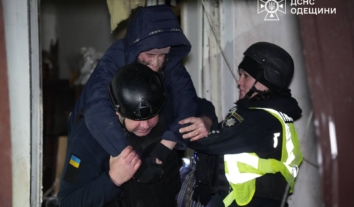
Russian strike on Odesa kills three, injures 25 including six children
Russian forces had deliberately targeted civilian residential areas. Shalyhailo added that almost 50 apartment buildings were damaged, with 10 sustaining significant damage
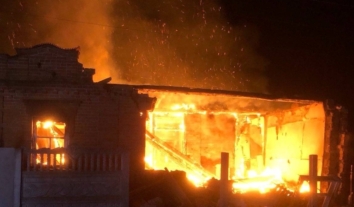
Russian shelling kills 3, injures 20 across Ukraine on January 25; 6 children among wounded
Russian shelling killed three civilians and injured nearly 20 others -- including six children -- across the Kherson and Donetsk regions on January 25, 2026. Additional injuries were reported in the Zaporizhzhia, Kharkiv, Mykolaiv, Dnipropetrovsk, and Sumy regions, according to the National Police of Ukraine
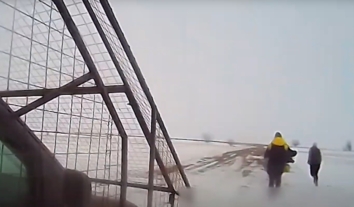
In the Kherson region, postal workers were rescued from under Russian shelling
The Ukrposhta officials were not injured in the strike and managed to hide, but the car was heavily damaged. The postal workers could not drive back because of the Russian shelling, so they turned to the police for help

Russia needs soldiers. The Global South has desperate people. The rest is exploitation.
After mobilization in September 2022 sent over 261,000 Russians fleeing the country, Putin found a third option: build a global trafficking infrastructure that spans from North Korea to Cuba, Nepal to Kenya, exploiting economic desperation to fuel a war that distant populations have no stake in, explained Munira Mustaffa, Senior Fellow at Verve Research
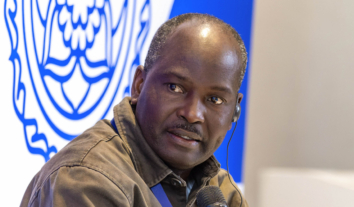
From Nairobi to the Donbas: Nearly 300 deceived Kenyans trapped on Russian front lines
Wellington Nyongesa, intake editor at Standard Group PLC, stated at the Third International Conference Crimea Global that nearly 300 young Kenyan men are trapped on the Russian front lines in Ukraine, lured by false promises of jobs in supermarkets, logistics, and construction
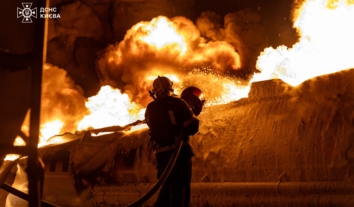
Russian forces attack Kyiv and Kharkiv overnight: there are casualties and destruction
On the night of January 24, 2026, Russia launched a massive attack on Ukraine using missiles and drones. Kyiv and Kharkiv were among the targets. Additionally, the Sumy, Kharkiv, Kyiv, and Chernihiv regions were affected. A woman was killed in Ukraine's capital



